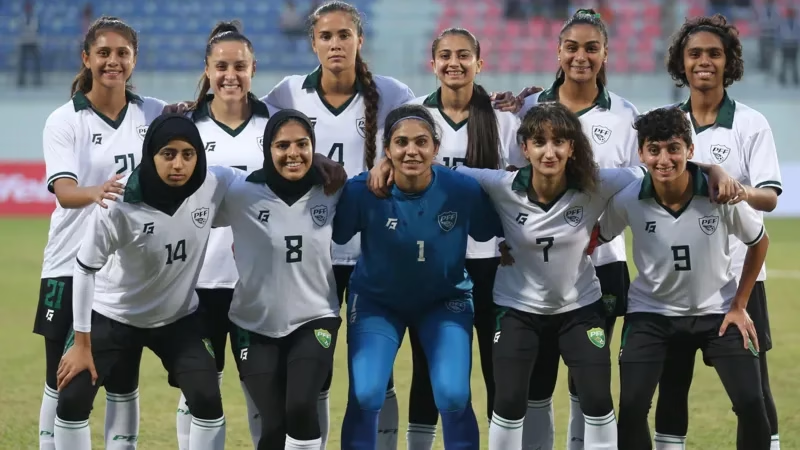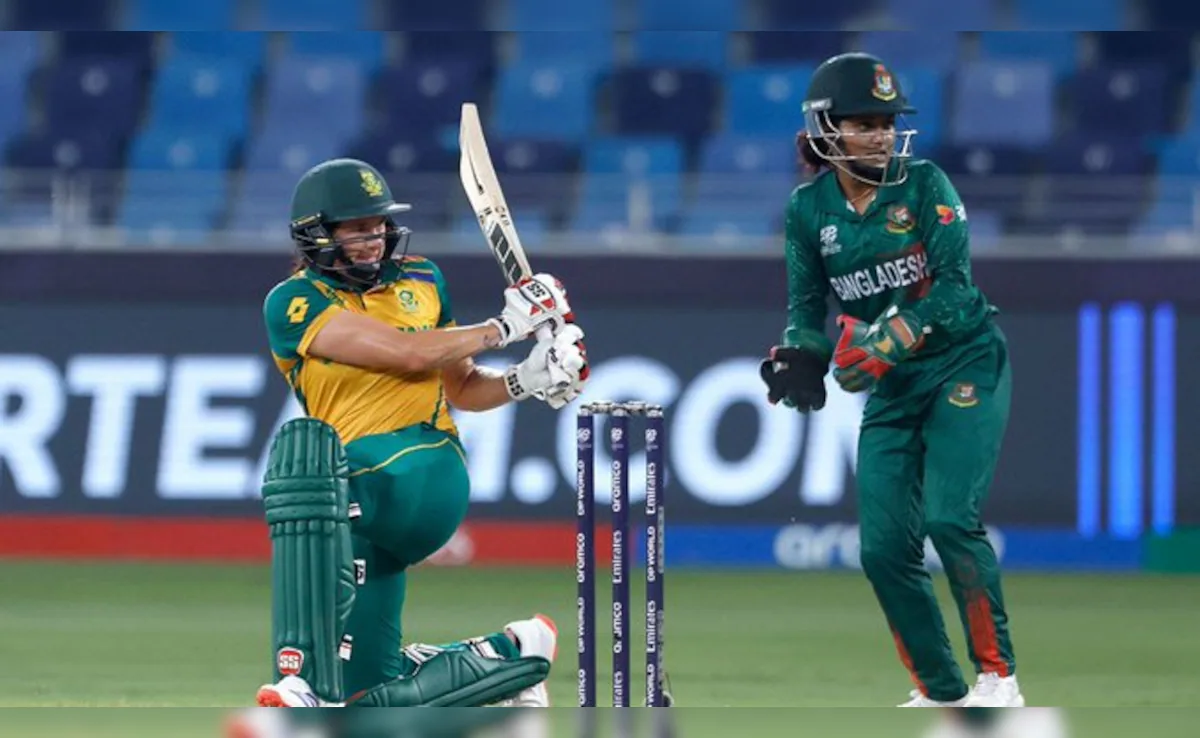Women’s football in Pakistan is undergoing a transformation. Long overshadowed by cricket, football — especially women’s football — has struggled for visibility and support. But that’s starting to change. With new leadership at the Pakistan Football Federation (PFF) and the rise of young female players like Layla Banaras and Mariam Mahmood, women’s football in Pakistan is entering a new era of opportunity and growth.
A New Vision for Women’s Football in Pakistan
In a country where cricket is a national obsession, football has always been the underdog. Even fewer people knew about or supported women’s football in Pakistan. That narrative is now being rewritten under the leadership of the new PFF president, Syed Mohsin Gilani, who is committed to promoting mass participation of girls in football.
The PFF was previously suspended by FIFA, leaving the women’s national team inactive on the global stage. In the last two years, the team has only played three matches. But with the suspension lifted and new initiatives in place, there’s renewed hope.
Gilani says, We want to take women’s football all over the country, outlining plans to build dedicated clubs, launch new competitions, and establish a fully functioning women’s football department within the federation.
The Role of Overseas Talent: Layla Banaras Steps In
To help boost the profile of women’s football in Pakistan, the PFF has looked beyond its borders to recruit talent. One such player is Layla Banaras, a 19-year-old defender who previously played for Birmingham City. Layla began her football journey at the age of 8 and made her First Team debut in 2023. At 16, she became the first South Asian woman to play for the club — a milestone that she hopes will inspire others.
Speaking to BBC Newsbeat, Layla said, You don’t really see many players in the WSL [Women’s Super League] from a South Asian heritage. I want to be that person people can look up to.
She recently debuted for Pakistan in the AFC Women’s Asian Cup qualifiers, where the team finished as runners-up. Despite being eligible for England, Layla chose Pakistan without hesitation. It wasn’t really a debate,she said. I’m proud of where I’m from.
Breaking Barriers: Mariam Mahmood’s Journey
Joining Layla is Mariam Mahmood, a 21-year-old former West Bromwich player. Like Layla, she is also a free agent and proud to represent Pakistan on the international stage. To know they know about me from the other side of the world is crazy, she shared.
Mariam faced cultural resistance from her extended family. They said: ‘Pakistani girls don’t play football.’ But you can’t let culture hold you back. You have to follow your heart, she emphasized.
Encouraging Home-Grown Talent
While international recruits are helping the national team grow, the real challenge lies in developing talent at home. PFF president Gilani highlights the need to establish more women’s football clubs across the country and embed the sport into communities and schools.
As of 2024, Pakistan ranks 160th out of 186 nations in FIFA’s women’s football ranking — a sign that there’s still a long road ahead. But the signs of progress are clear. The national team now includes six diaspora players, and Gilani believes anyone eligible should be welcomed, regardless of their location.
What Needs to Happen Next
To ensure long-term success, experts and players alike agree that grassroots development is key. Layla Banaras believes schools and local communities must become central to spreading the sport. it needs to be accessible, especially to girls from South Asian Muslim backgrounds, she said. We need to see them in academies, in systems, and eventually in the national team.
The PFF has already outlined plans to introduce youth competitions for girls and establish structured training programs. These steps could provide the early exposure needed to cultivate a new generation of skilled female footballers.
The story of women’s football in Pakistan is no longer one of silence and struggle. With strong leadership, determined athletes, and a growing support system, the future looks promising. From the fields of Birmingham to the stadiums of Lahore, young women like Layla and Mariam are changing perceptions, breaking barriers, and paving the way for many more to come.
Women’s football in Pakistan may have had a late start, but its rise is no longer a question of if — it’s a matter of when.



